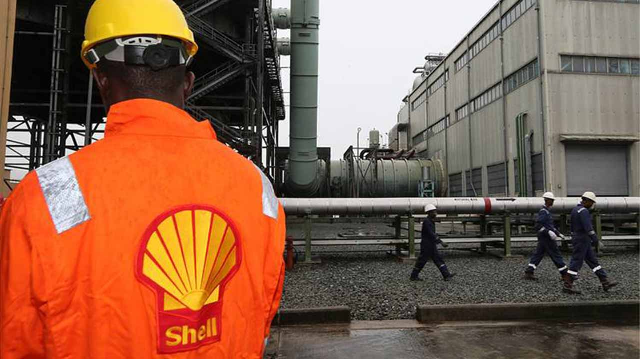Five local independent oil and gas companies are currently bidding for the onshore oil assets of Royal Dutch Shell in Nigeria. The firms include, Seplat Energy, and Famfa Oil.
The three other companies also seeking to win the bid, according to Reuters, are – Sahara Group, Troilus Investments Limited and Nigeria Delta Exploration and Production (NDEP).
A report from the foreign medium has it that the deal is valued to worth up to $3 billion.
Why Shell is selling its onshore assets in Nigeria
Last year (2021), Shell began to seek ways of accelerating its energy transition plan and deepen carbon emission cuts after a Dutch court’s ruling. In May, the court ordered the oil and gas company to drastically deepen planned greenhouse gas emission cuts.
Admitting that the ruling would likely shrink its oil and gas businesses, Shell came up with a plan to keep the environment safe, a development that is unarguably one of the sector’s most ambitious climate strategies.
The target would see the company cut the carbon intensity of its products by at least 6% by 2023, by 20% by 2030, by 45% by 2035 and by 100% by 2050 from 2016 levels.
Following the court’s ruling, Shell initiated talks with the Nigerian government to sell its onshore assets in the country.
While Shell had struggled with spills in the Niger Delta region of Nigeria due to pipeline theft, sabotage, as well as operational issues, which had led to costly repairs and high-profile lawsuits, its commitment to reduce carbon emission to keep the climate safe appears to be why it resolved to sell its onshore assets in the country.
What you should know about Shell’s onshore assets in Nigeria
The Anglo-Dutch company, which operates Shell Petroleum Development Company of Nigeria (SPDC), has its stakes in 19 oil mining leases in the country’s onshore oil and gas joint venture (SPDC).
According to oil industry and banking sources, the venture valued at between $2 billion to $3 billion. And while Shell has 30% stake in it, the Nigerian National Petroleum Company (NNPC) holds 55% stake, TotalEnergies has 10% stake and ENI 5% stake.













